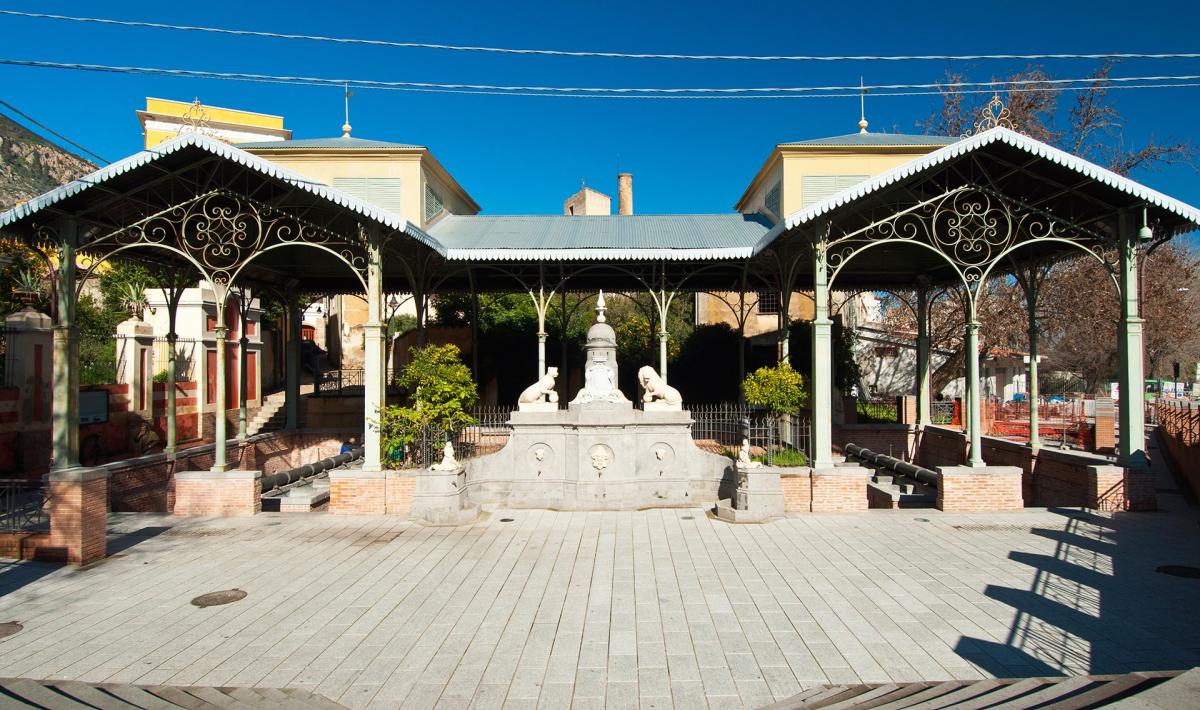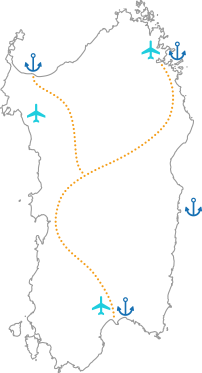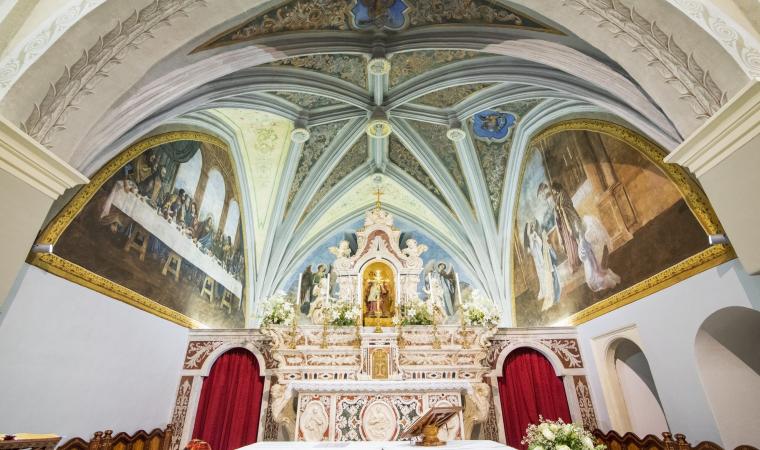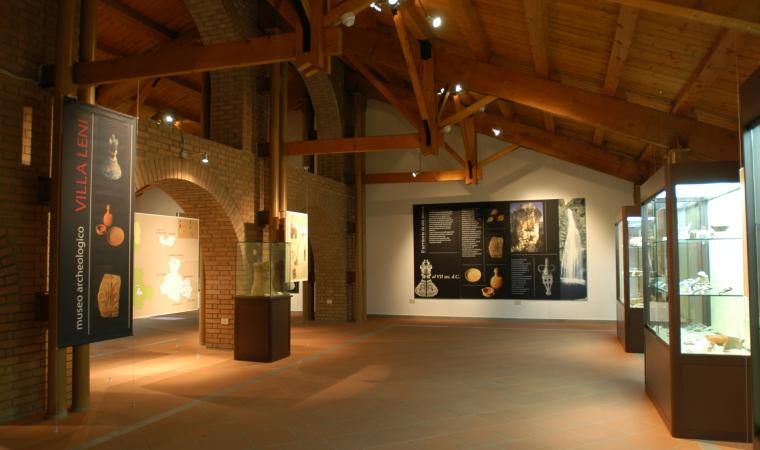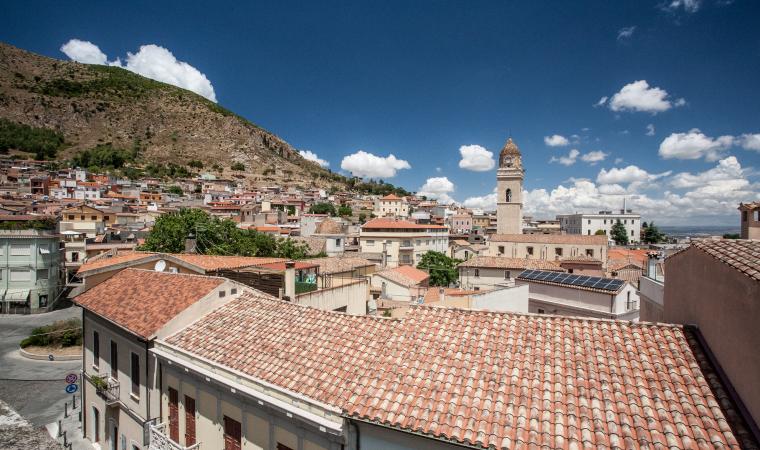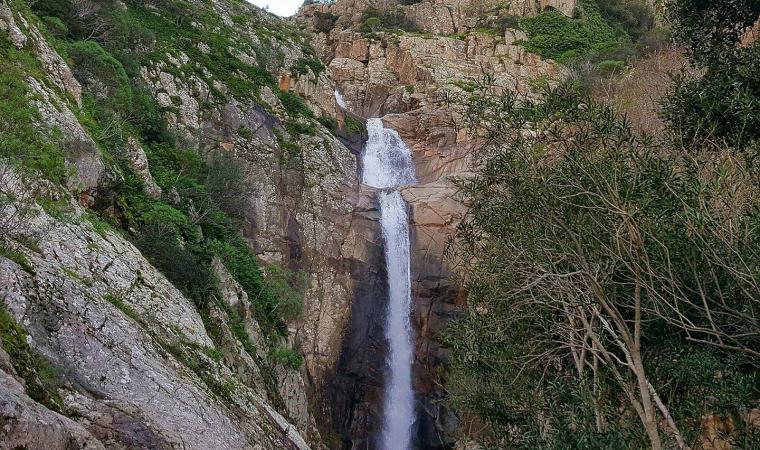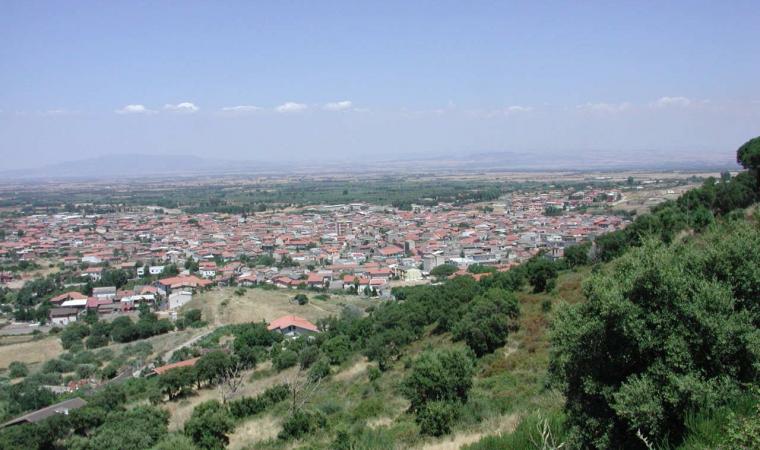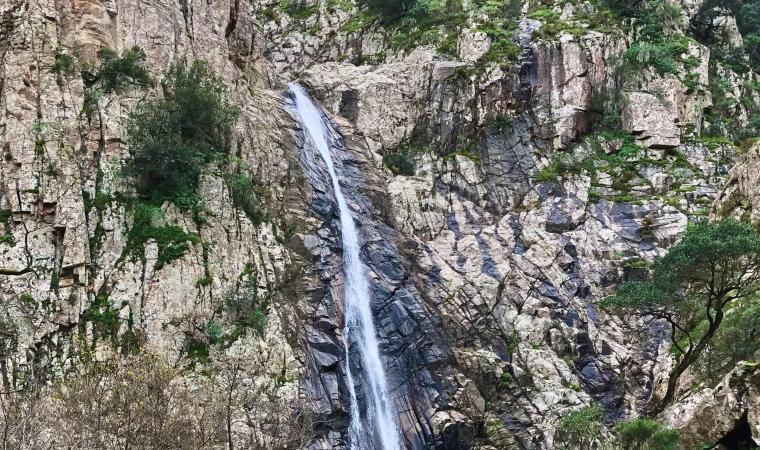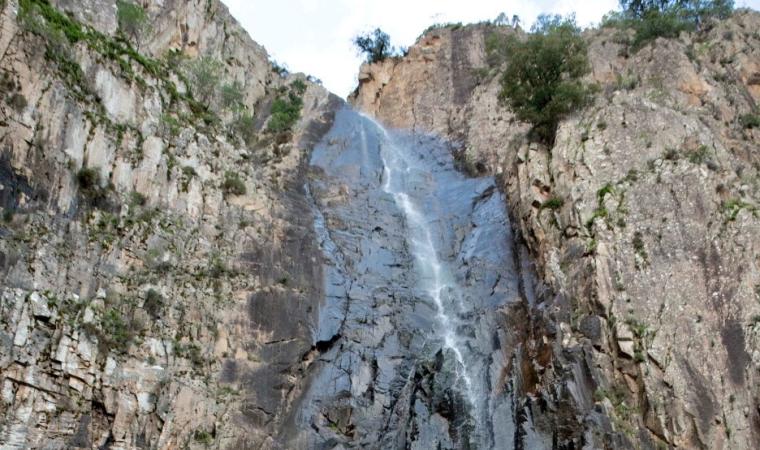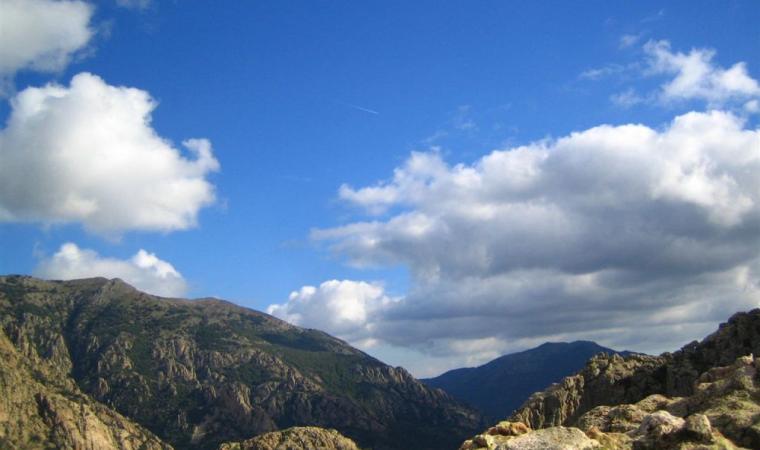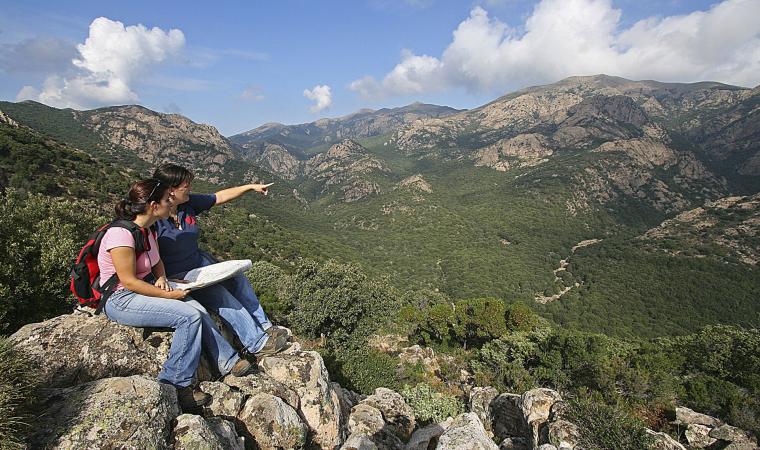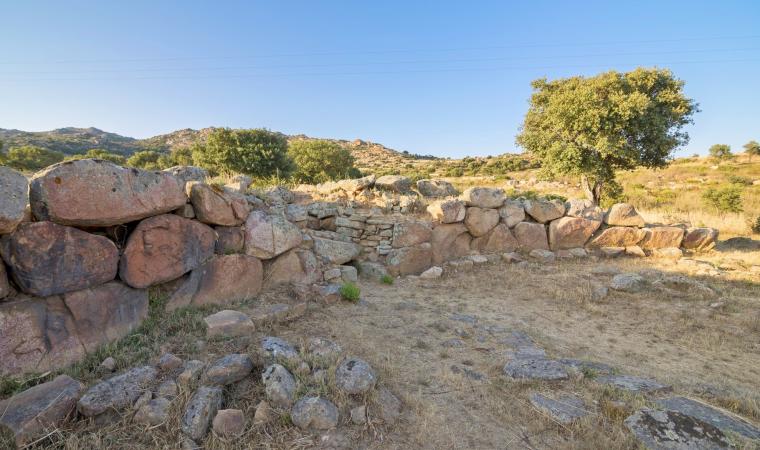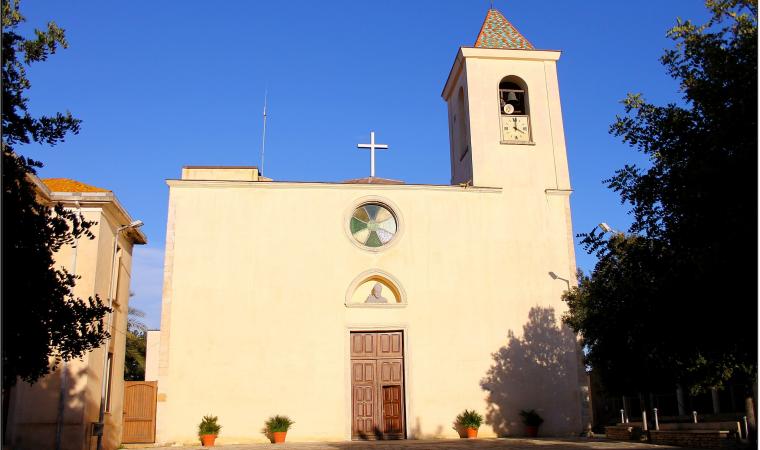“A large Art Nouveau-style roof supported by six cast iron columns adorned with squiggles and pine cones, about ten tubs with taps and drainpipes and a tank similar to that of the drinking troughs”: this is how Giuseppe Dessì describes it in his masterpiece ‘Paese d’Ombre’ (Village of Shadows), winner of the Strega Prize in 1972. The public washhouse of Villacidro, inaugurated in 1893, marked an era for the town at the foot of Monte Linas: not only were housewives no longer forced to go to the river to wash their clothes, but the public space, which was covered and sheltered, that people were forced to frequent while doing their washing, became a place for meetings and social gatherings. In his book, Dessì made it a symbol of the protagonist’s commitment, as a public administrator, against the arrogance of the powerful, in favour of ‘ecological’ progress.

